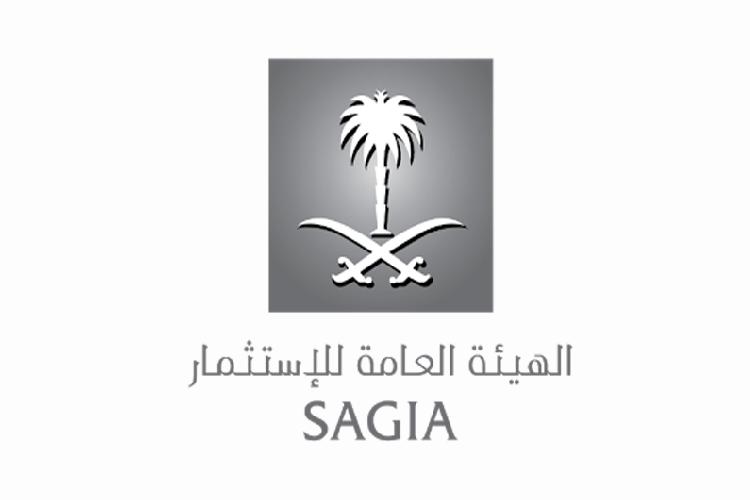
More efforts needed to improve investment/job opportunities for women, say GCF experts
The Saudi government’s recent drive to increase women’s participation in business and create more job opportunities for them has been successful, according to leading female figures.
Speaking ahead of the ninth Global Competitiveness Forum (GCF), which will discuss the topic of Saudi women in the business world, Shoura Council member Dr. Hanan Al-Ahmadi said Saudi women's participation has expanded in recent years, mainly in the areas of trade and investment. She said this was due to a number of factors, especially the ambition of women and governmental support.
The government has implemented initiatives and policies to reduce the bureaucracy women face when trying to invest in businesses, said Dr. Al-Ahmadi.
She added: “Many policies were implemented to create an attractive investment environment for businesses owned by women and to provide the required mechanisms to encourage them to enter the world of investment and become entrepreneurs and innovators.”
She said local and national efforts have resulted in 12,000 current commercial registrations for businesswomen, while another 40,000 women were enrolled in chambers of commerce throughout the country.
There needed to be more women in decision-making positions, especially in the boards of chambers of commerce as well as investment and industry bodies, said Dr. Al-Ahmadi, in order to improve their contribution to the economy.
She called for a study into businesses that are marketed and run through social media, such as ventures that sell clothing and food, because this sector needed to be organized in order to serve the national economy better.
Productive families that produce hand-crafted products also needed better support so they can become a real contributor to the economy, said Dr. Al-Ahmadi. She also believed that more programs to provide more jobs for Saudis and women in particular needed to be implemented in certain industries.
Deputy Chairwoman of the Jeddah Chamber of Commerce & Industry, Dr. Lama Al Suliman, said while women can now easily obtain a license for any commercial activity, they still face the challenges of not being able to market their products at events and venues without being hindered by social stigmas. Other challenges, she said, include traditions and cultural norms, men dominating decision-making and a lack of suitable jobs for women.
She said: “There is a hope that more women can become members of chambers of commerce committees acting on behalf of sectors where businesswomen are underrepresented.”
Al Suliman said more work was needed to reduce the high unemployment among women (30 percent) compared to men (6 percent).
The “Saudi Women in the Business World” session at GCF 2016, on January 24-26 in Riyadh, will discuss the importance of creating opportunities for women and promoting their role in executive leadership The session, moderated by President of Babson College Dr. Kerry Healey, features the participation of Al-Suliman alongside Secretary General of the Arab British Chamber of Commerce, Dr. Afnan Al-Shuaiby, Fullbridge’s MENA Managing Director Abeer Al Hashimi, and Executive Director of the Al Sayeda Khadijah Bint Khouwailid Businesswomen Center Dr. Basmah Omair.



























